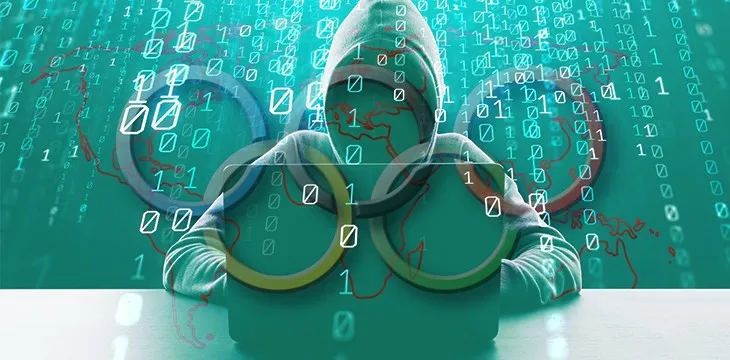|
Getting your Trinity Audio player ready...
|
The 2020 Summer Olympics have been postponed due to the COVID-19 outbreak, but this hasn’t stopped scammers from taking advantage to defraud investors. In China, the scammers have been claiming to be associated with the Olympics to gain people’s trust. They then misled them into believing they could use blockchain technology to invest their money.
The Chinese Olympic Committee issued a warning to the public, denying any association with these scams. In its announcement, it singled out one of the most prolific scammers who claims to be working with the World Olympic Sports Foundation, a fictional organization. The scammers allege to be helping people invest in special products using blockchain technology. They also claim to be investing in other commercial activities pertaining to the Olympics. They further target corporates, inserting the word Olympics into non-related events such as debates and competitions, seeking to get corporate sponsorship.
The Committee reminded the public that anyone who seeks to use the Olympics logo, or claim affiliation in order to engage in a commercial activity must obtain the necessary permissions. Only the International Olympics Committee and the Beijing Winter Olympic Organizing Committee can issue these permissions. The Committee further urged the public to check in with them before investing in a project, if they are unsure about its affiliation with the Olympics.
This is just the latest scam that seeks to take advantage of a trending issue to lure investors. The COVID-19 pandemic has been the other gold mine for scammers. With the entire world now battling the lethal virus, scammers take advantage of the fear and lack of adequate information to exploit investors. In many cases, they seek investment in digital currencies.
In the U.K, over $991,000 was lost to coronavirus-related scams in February alone. According to Action Fraud, most of the scams involved online purchases of masks, hand sanitizers and other such essentials that are never delivered. In one case, the scammers claimed to be from the World Health Organization and asked for payment in digital currencies to issue a list of all the active coronavirus infections in the victim’s area.
The latest is a twisted version of the age-old sextortion scam according to cybersecurity firm Sophos. The scammers send an email, claiming to know the victim, including their address, family members, online passwords and more. However, instead of threatening to leak your ‘dirty photos’, they link the threat to the coronavirus, stating, “You need to pay me $4,000. You’ll make the payment via bitcoin … If I do not get the payment: Ι will infect every member of your family with the coronavirus.”

 07-15-2025
07-15-2025 





